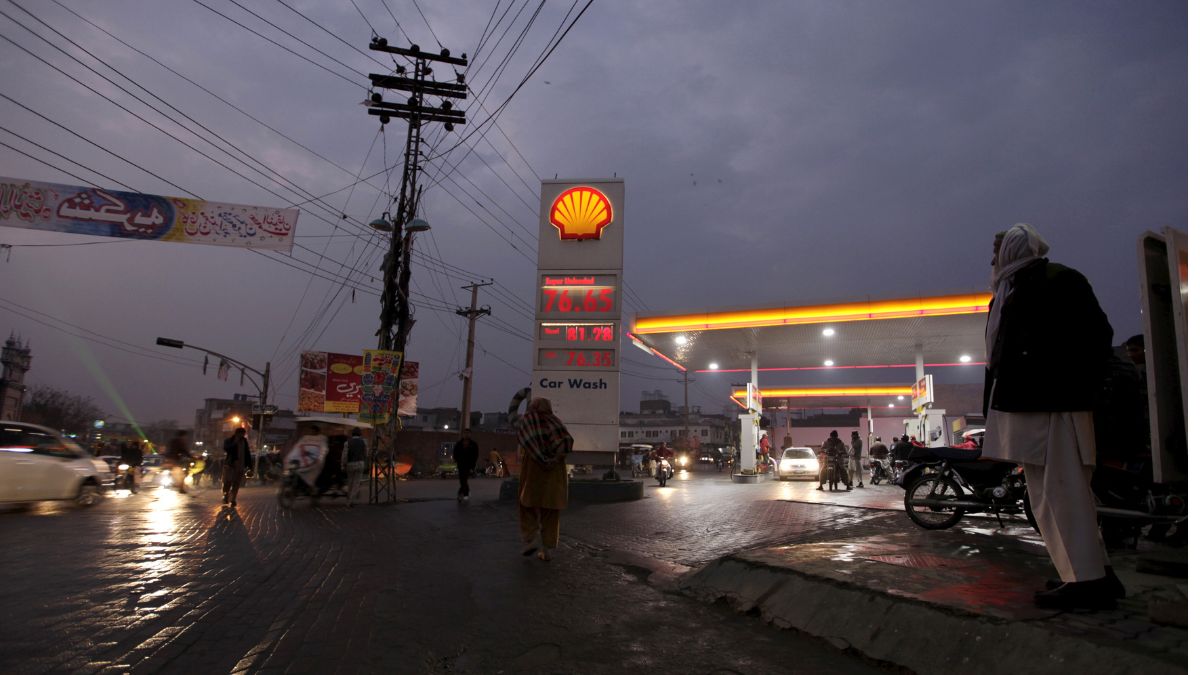Pakistan’s economic landscape is currently marred by a notable exodus of multinational corporations (MNCs), a trend that has intensified over recent years. This withdrawal signals a severe crisis of confidence in the country’s investment climate, driven by a mix of regulatory instability, economic challenges, and political turmoil.
Which multinationals have departed from Pakistan?
The trend has gained momentum, with significant companies like TotalEnergies, Telenor, and Shell Oil leading the charge.
TotalEnergies recently sold its 50 per cent stake in Total PARCO Pakistan, a significant player in the country’s fuel retail sector, to the Swiss commodity trader Gunvor Group. This $26.5 million deal was part of TotalEnergies’ strategy to concentrate on regions with greater growth potential.
Telenor Group, a major telecommunications player, divested its local unit in Pakistan to the Pakistan Telecommunication Company for $388 million in December 2023. Telenor had been a fixture in the Pakistani market for nearly 20 years, serving approximately 45 million customers.
Shell Oil’s exit is also noteworthy. After 75 years of operations in Pakistan, Shell agreed to sell its 77.42 per cent stake in Shell Pakistan to Saudi firm Wafi Energy. This transaction, set to complete by the end of this year, marks a significant retreat from the energy sector in Pakistan, reported Karachi-based news outlet Dawn.
Other notable exits include pharmaceutical giants Pfizer and Sanofi, reflecting a broader trend of MNCs scaling back or halting their operations in Pakistan. This trend extends to various sectors, with companies like Airlift, Swvl, VAVA Cars, and Careem also ceasing operations in the country in 2022.
Impact Shorts
More ShortsWhat is behind the efflux?
Several key factors contribute to the departure of these MNCs:
Economic instability
One major issue is the erratic and unpredictable nature of Pakistan’s regulatory environment. Data from the Overseas Investors Chamber of Commerce and Industry (OICCI) reveals that over 20 multinational corporations either downsized or completely withdrew from Pakistan in 2020 alone, reported Lahore-based newspaper The Nation.
This instability in regulatory frameworks has created an environment of uncertainty, deterring long-term investment. The inability to repatriate profits has been a significant concern for investors.
Telenor CEO Sigve Brekke highlighted this issue in an April interview with Nikkei Asia, stating, “If an investor cannot return profits from a country, the investor will probably leave over time.” Reports indicate that between $1 billion and $2 billion in earnings from MNCs were trapped in Pakistani banks for over a year.
High taxation
Regulatory overreach and high taxation have also played a role. The imposition of a 10 per cent super tax on corporate profits, interest rates reaching up to 22 per cent, and foreign exchange risks have further strained the investment climate.
The complexity and opacity of Pakistan’s regulatory landscape, along with bureaucratic hurdles and slow approval processes have added to the difficulties faced by MNCs.
Ineffective governance
Political instability has been another critical factor driving MNCs away from Pakistan. The ousting and subsequent imprisonment of then Prime Minister Imran Khan in 2022 have exacerbated the political crisis, leading to a volatile environment that is unappealing to foreign investors.
The political landscape, dominated by conflict between a few influential families and individuals, has resulted in policy inconsistencies and ineffective governance.
Also Watch:
The judicial system’s focus on political cases, rather than economic reforms, has further contributed to the instability. Courts have been preoccupied with political bail and clearance cases, while critical issues like foreign investment and economic policies have been sidelined.
What now for Pakistan?
The exodus of MNCs from Pakistan raises serious questions about the country’s investment climate and its future prospects for foreign direct investment (FDI). The decline in MNC presence, particularly in critical sectors such as pharmaceuticals and energy, signals a broader issue of confidence in Pakistan’s economic and regulatory environment.
Ikram ul Haq, a lawyer specialising in economics and taxation, commented on the situation, telling Nikkei Asia, “The negative rating of the country and uncertain future is even forcing the local investors to move outside and with the exit of reputed MNCs, there is now little hope for any breakthrough on the FDI front.”
Shahid Maitla, a political analyst, also stressed the need for significant reform. “Pakistani policymakers need to understand that a rent-seeking approach toward the next wave of potential investors will not be effective,” she told Nikkei Asia.
To stem the tide of MNC departures and attract new investment, Pakistan needs to meet the bare minimum of creating a stable, transparent, and predictable business environment that revitalises investor confidence.
Also Watch:


)

)
)
)
)
)
)
)
)



